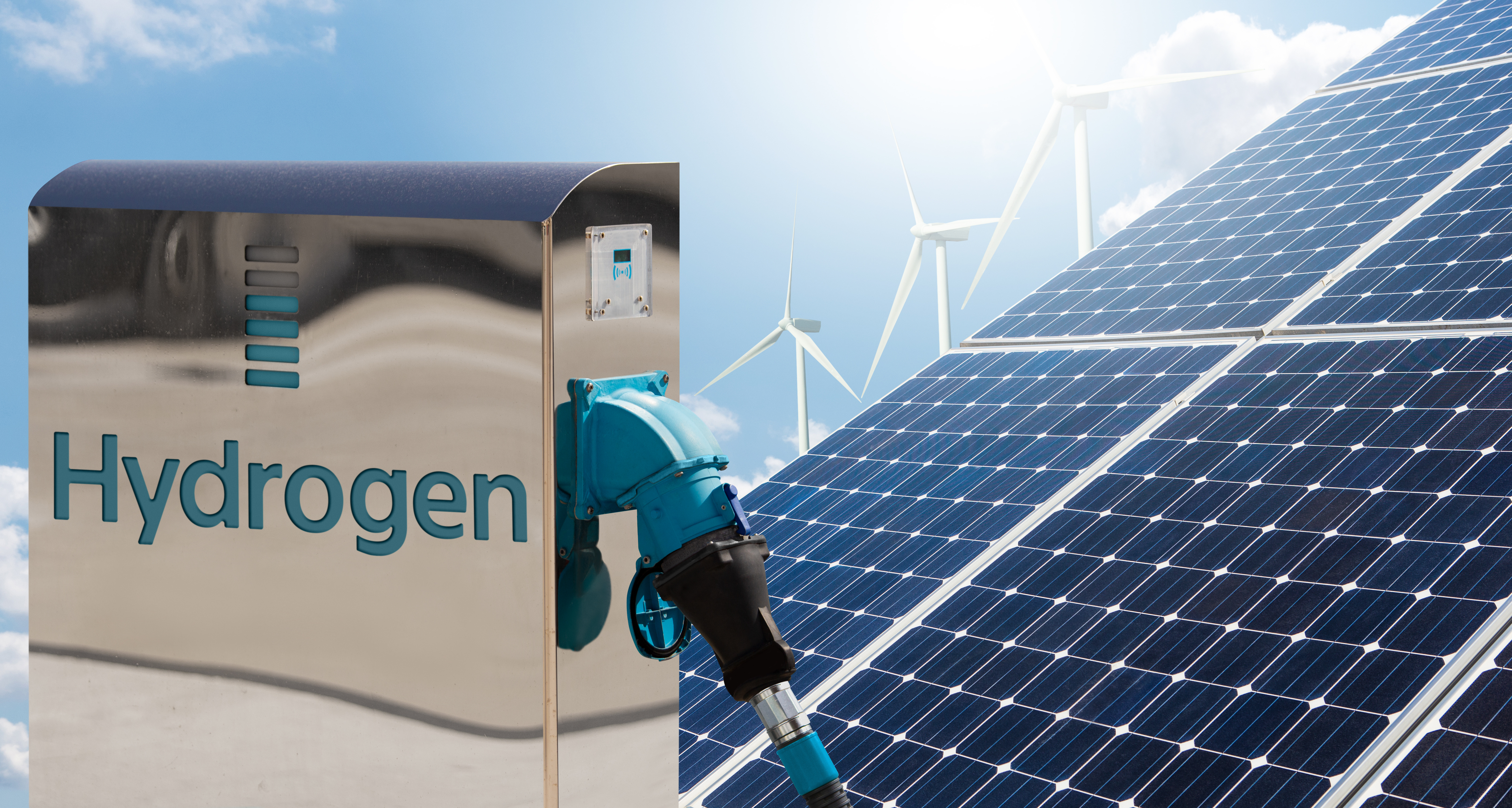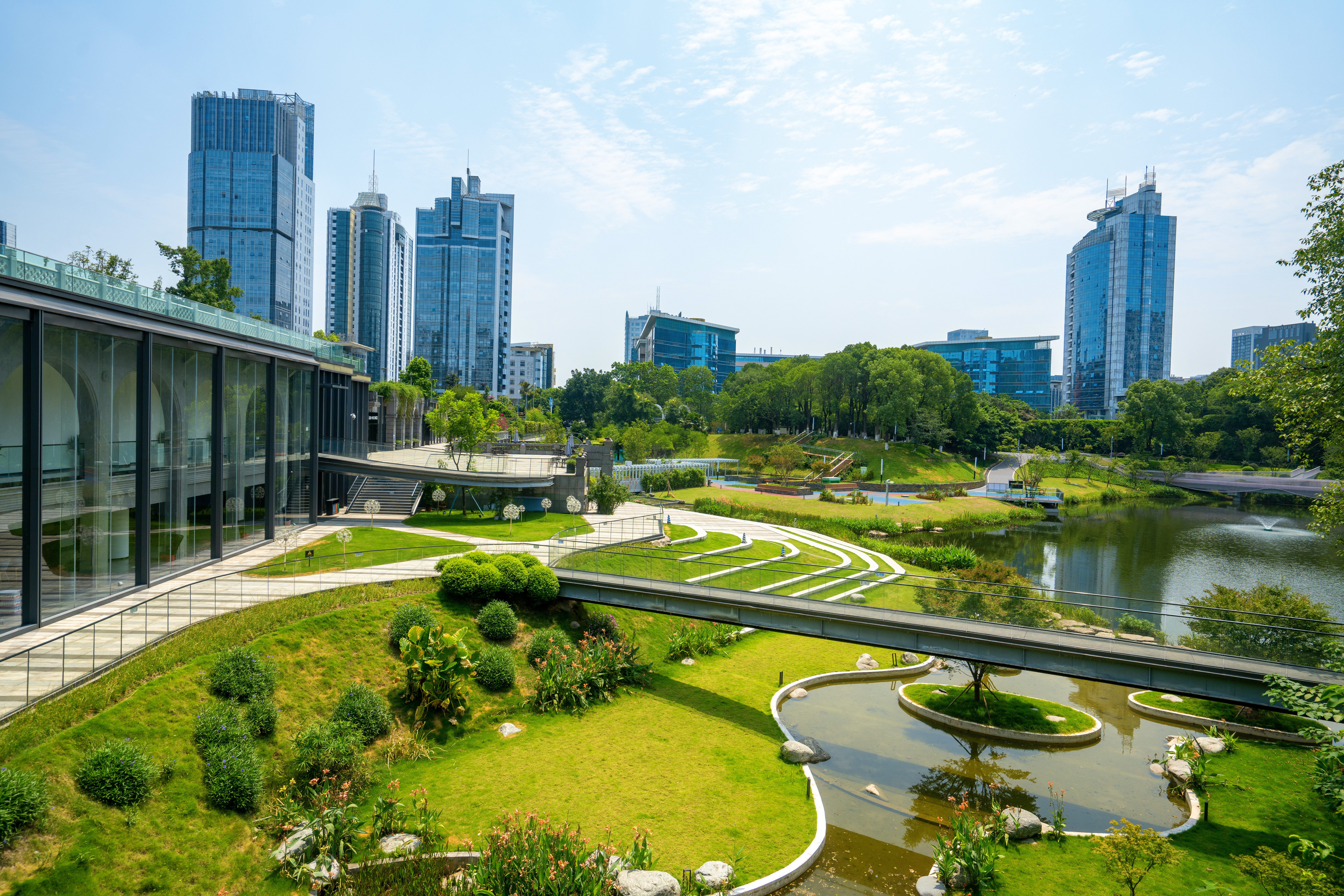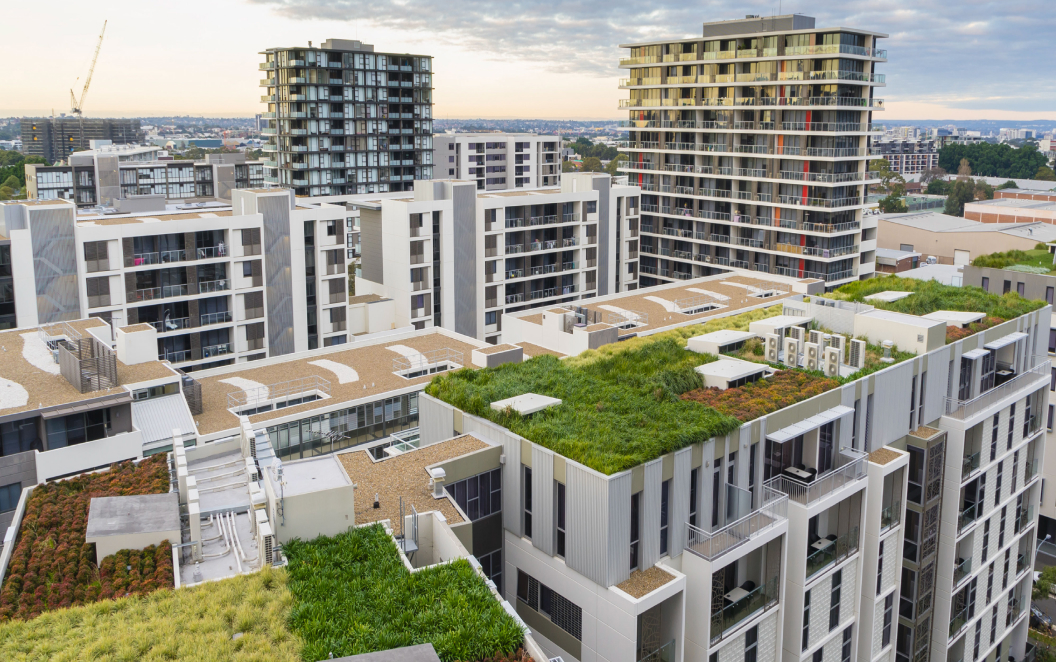
El cuidado del agua y el saneamiento, logros conseguidos por la Agenda 2030
Las Naciones Unidas (ONU) aprobaron, en el año 2015, la Agenda 2030 para el Desarrollo Sostenible, un ambicioso programa que intentará no dejar atrás a ningún ciudadano del mundo y que transformará la economía, sociedad y el ambiente de los 193 países miembros.
El agua se posiciona como el principal elemento de la revolución de los recursos que atraviesa el sistema productivo mundial.
El sexto principio, de los 17 Objetivos de Desarrollo Sostenible (ODS) de la Agenda 2030 que sirven como hoja de ruta para emprender un nuevo camino de la humanidad sin dejar atrás a ningún ciudadano del mundo en su desarrollo y en su conexión amigable con el medio ambiente, se ha convertido en el eje principal de esta iniciativa suscripta por una gran cantidad de estados nacionales que al hacerlo han debido adecuar sus legislaciones a los nuevos retos del siglo XXI.
Por Antonio D’Eramo
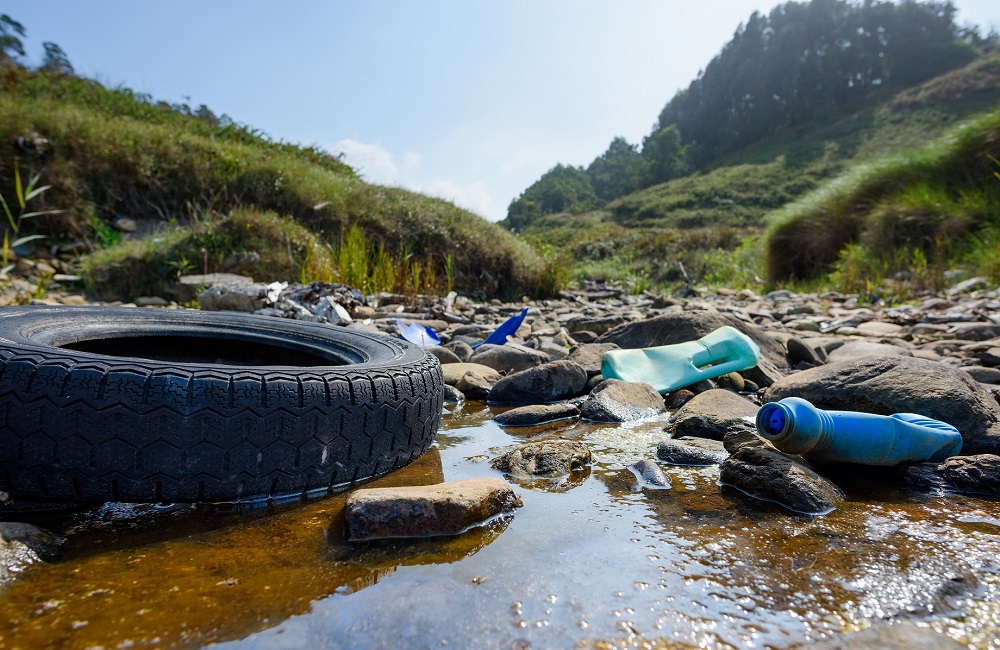
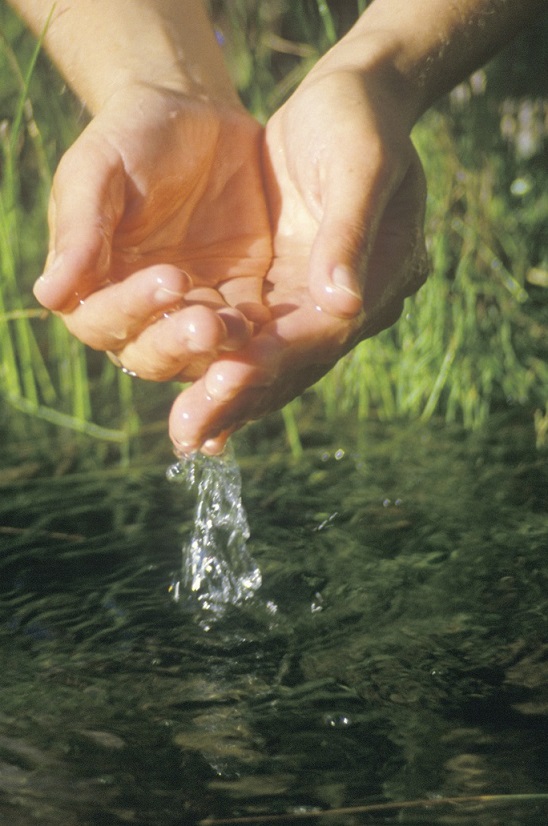
El mandamiento de la Agenda 2030 lleva como subtítulo, “Garantizar la disponibilidad de agua y su gestión sostenible y el saneamiento para todos” y su descripción indica que “la falta de agua potable o el agua de mala calidad tienen consecuencia en la seguridad alimentaria y en los medios para subsistir de muchas personas en el mundo. Para lograr que todos tengan acceso al agua potable y al saneamiento es fundamental que se gestionen de forma sostenible los recursos hídricos en el mundo.”
Por lo que observar este apartado de la Agenda tiene una consecuencia directa en la reducción de la pobreza y de la pauperización de las poblaciones, objetivos de desarrollo 1 y 2, tiene incidencia en la posibilidad de garantizar una vida sana, capítulo 3 de la Agenda 2030, y asegura que las ciudades y los asentamientos humanos sean seguros, resilientes y sostenibles, según el anhelo del ítem número 11.
También se vuelve una herramienta indispensable en la lucha contra el cambio climático, apartado número 13, y, por último pero no menos importante, el sexto principio se encuentra en la base de la construcción de sociedades menos desiguales, misión número 10 de la Agenda, y en la promoción del crecimiento económico sustentable entre los países, 8° objetivo de desarrollo.
No es casual que las principales empresas del mundo también hayan adoptado este memorándum aprobado por la ONU y focalicen e inviertan en la lucha contra la pobreza y en la disponibilidad de agua y saneamiento.
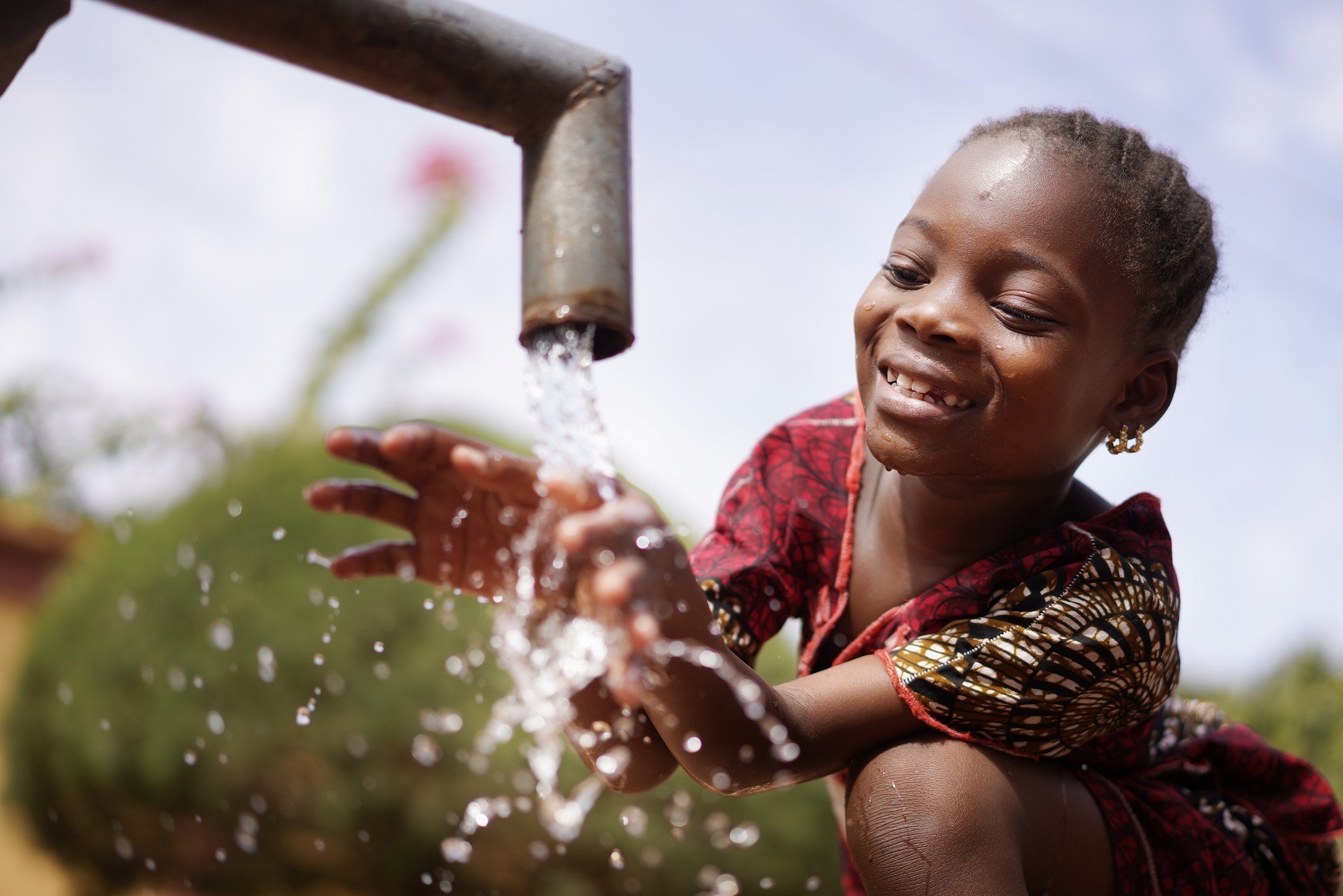
Las Naciones Unidas estiman que por cada franco suizo invertido en agua y saneamiento, se generan 4 francos de retorno económico. Por lo cual, el invertir en este tema es una forma efectiva de crear comunidades fuertes. Muchas compañías de alimentos multinacionales han decidido realizar acciones en ese sentido y este movimiento del sector privado está explicando el auge de inversiones en saneamiento.
Lo hacen porque se trata de un llamado urgente a la racionalidad que las estadísticas no dejan lugar a dudas.
Este aporte del sector privado y del público en conjunto ha posibilitado que se registre una rápida mejora en las condiciones de vida de distintas sociedades que sin la concientización llevada a cabo por los Objetivos de Desarrollo Sustentable (ODS) no se hubiera podido lograren tan poco tiempo.
El agua juega uno de los roles principales para el futuro de la humanidad. Para el año 2050 se prevé, si no surgen más variantes virales de la pandemia de coronavirus o nuevas amenazas por patógenos que puedan aparecer, que la población mundial supere los 9.000 millones de personas que se concentrarán en grandes urbes. Los cálculos más conservadores indican que se necesitará un 40% extra de recursos hídricos para satisfacer las necesidades de toda la población. Esto conlleva, además, un crecimiento del orden del 40% en la producción de alimentos y de un 35% en la generación de energía limpia porque es necesario realizar ajustes imperiosos para revertir el cambio climático registrado por distintas agencias gubernamentales que anuncian un mayor estrés hídrico que ya se produce en muchas regiones del globo.
Y la reacción del sector público y, también, del sector privado se traduce en inversiones que al realizarse posibilitan reducir las pérdidas del producto bruto interno (PBI) de las naciones que se generan por no hacer ningún tipo de saneamiento hídrico.
Las Naciones Unidas estiman que por cada franco suizo invertido en agua y saneamiento, se generan 4 francos de retorno económico. Por lo cual, el invertir en este tema es una forma efectiva de crear comunidades fuertes. Muchas compañías de alimentos multinacionales han decidido realizar acciones en ese sentido y este movimiento del sector privado está explicando el auge de inversiones en saneamiento.
Un informe del Banco Mundial es revelador al respecto. En principio se advierte del impacto económico por no invertir en agua y saneamiento que se calcula en el 4,3% del PBI de toda África Subsahariana. En el continente asiático, en la India, el PBI se reduce hasta un 6,4% debido a las consecuencias y los costos económicos por la falta de tratamiento de las aguas.
Desde UNICEF, sus funcionarios han calculado que, una inversión del orden de los 28.400 millones de dólares desde el 2015 hasta el 2030, lo que representa el 0,10% de la producción total de los 140 países estudiados, permitiría cubrir las necesidades existentes de los servicios de agua y saneamiento de las poblaciones que hoy se encuentran desatendidas.
Esta enumeración pone, en blanco sobre negro, la importancia del sexto principio de la Agenda del 2030 y porque se encuentra a la cabeza de la revolución de los recursos que estamos viviendo en pleno siglo XXI.
Por ello, la OCDE ha creado un barómetro que califica a cada país integrante con un semáforo de color en lo relativo a la consecución de los ODS. En verde, muestra los objetivos ya conseguidos, y en amarillo, los que aún poseen escollos para alcanzarlos, en naranja, aparecen los países que necesitan cambios significativos y en rojo, los que requieren cambios estructurales.
Desde que comenzó esta medición y en lo que respecta a las políticas de cuidado del agua e inversiones para el saneamiento, muchas naciones pasaron del naranja al amarillo rápidamente y los países más desarrollados pueden mostrar el semáforo con luz verde poniendo de manifiesto el compromiso de sus comunidades. Se trata de una verdadera revolución por ser de índole mundial y por expandir sus efectos benéficos intentando llegar a todo el globo.
Además, esta novedad está transformando todo el sistema productivo, la organización de las ciudades y de la sociedad. Afecta de una forma más profunda que las transformaciones digitales y tecnológicas, porque produce cambios en los pilares de las relaciones económicas.
Por otra parte, muchas compañías de saneamiento están realizando inversiones en el sector de la comunicación teniendo en cuenta la utilidad de las redes sociales para llegar con un mensaje claro y preciso.
En un reciente congreso realizado en España para ejecutivos iberoamericanos de empresas de saneamiento se concluyó que “las nuevas tecnologías son herramientas aliadas y muy potentes para planificar y comunicar acciones. Una de cada cuatro personas cree que la presencia en redes sociales refuerza los mensajes y el 23% de los usuarios interactúan en ellas creando un ecosistema virtuoso entre los trabajadores de las plantas y la ciudadanía”.
El documento final del Congreso realizado en noviembre pasado en Salamanca, España cita que “para el año 2030 se alcanzará el ODS 6ª de Naciones Unidas y, las empresas participantes, habrán trabajado en su consecución. Significará que todo el mundo tendrá acceso a agua limpia y saneamiento, cuestión que impactará directamente en una mejora sustancial en la calidad de vida de las personas y en su bienestar, reduciéndose la pobreza y la muerte de millones de niños entre otras muchas cosas”.
Los Objetivos del Desarrollo Sostenible representan el nuevo pacto entre generaciones para salvar al planeta de cambios que, de no hacer nada para detenerlos, pondrán en jaque la posibilidad de supervivencia de la especie humana sobre el planeta Tierra. En ese marco, la disponibilidad de agua y su correcto tratamiento son los fundamentos desde donde construir una nueva realidad social.


